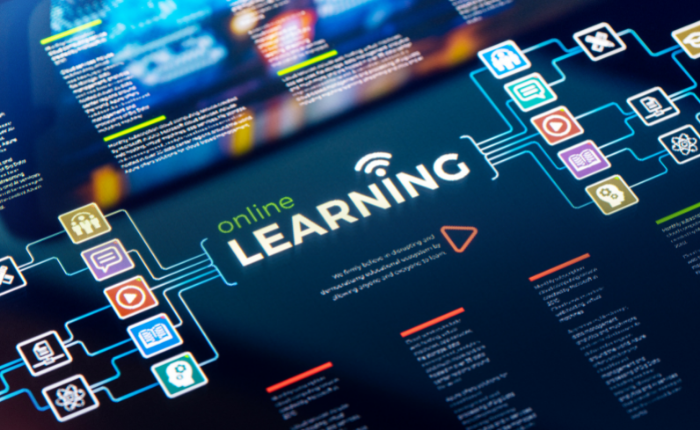Key Takeaways
- Online education offers flexibility and accessibility for aspiring educators.
- Technological advancements are continuously shaping the landscape of online learning.
- Effective online teaching strategies and tools can enhance the learning experience.
Table of Contents
- Introduction to Online Education
- Benefits of Pursuing an Education Degree Online
- Technological Innovations in Online Learning
- Effective Online Teaching Strategies
- Future Trends in Online Education
Introduction to Online Education
Digital learning has completely transformed the way that people obtain education, giving people new chances to seek both professional and academic advancement. Students from various backgrounds are increasingly choosing online education since it allows them to learn from anywhere. This learning mode allows individuals to balance their personal, professional and academic responsibilities while still receiving a high-quality education. For aspiring educators, online masters in teaching programs offer a viable pathway to achieve their professional goals without sacrificing their current commitments.
Benefits of Pursuing an Education Degree Online
There are many advantages to earning a degree in education online. One of the main benefits is flexibility, which enables students to manage their academics, employment and personal obligations. Online courses frequently accommodate a wide range of students by giving them access to excellent educational materials wherever they are. This method democratizes education by enabling people from various backgrounds to pursue their academic objectives. These kinds of programs are provided by places like Youngstown State University, which allows students to get a solid education without having to move or change their daily schedules.
The flexibility to learn at one’s own speed is a significant additional advantage. Online education platforms usually offer a range of learning resources, including interactive exercises, reading lists and video lectures, which can be accessed anytime. Because of this flexibility, students can customize their educational experiences to fit their schedules and requirements. For example, a person working full-time can study on the weekends or evenings, while a parent staying home can work on schoolwork while their child naps.
Technological Innovations in Online Learning
The landscape of online education is being shaped by ongoing technological advancements, which are introducing new tools and methods to improve learning. These advancements encompass interactive platforms, virtual classrooms and advanced learning management systems. These tools have changed how educators present content and communicate with their students, resulting in a more dynamic and engaging learning process.
When technology is used well in the classroom, it engages students and accommodates their diverse learning preferences. Online education also uses virtual reality (VR) and augmented reality (AR) technology, which offer immersive learning environments that can significantly increase student engagement and comprehension. By simulating real-world scenarios, VR and AR help students grasp complex concepts more quickly and apply theoretical knowledge to practical situations.
Effective Online Teaching Strategies
Effective online teaching requires understanding how to engage students and deliver content compellingly. Strategies such as interactive lessons, timely feedback and community fostering can significantly enhance the online learning experience. Educators should strive to create a supportive, interactive environment that encourages student participation and collaboration.
Videos, tests and discussion boards are examples of multimedia components that can be used to create interactive classes. This method promotes engagement and teamwork among pupils while maintaining their attention. In an online learning environment, giving students timely feedback is essential for helping them remain on track and perform better. Regular feedback can also build a rapport between the educator and students, fostering a supportive learning community.
Furthermore, fostering community among online learners is essential for creating a holistic educational experience. Group projects, peer reviews, and discussion boards can promote student interaction and collaboration.
Future Trends in Online Education
The outlook for online education appears promising, as current trends suggest a deeper integration of AI, customized learning experiences, and improved collaboration tools. These advancements will further elevate the quality and accessibility of online education, equipping educators to tackle future challenges effectively. Social media and online communities are also increasingly essential to learning, fostering networking and collaboration beyond the digital classroom.
AI can potentially personalize the learning experience significantly by examining student data and offering tailored recommendations and feedback. Moreover, AI-powered tools can aid educators in automating administrative tasks, enabling them to dedicate more attention to teaching and student involvement.
